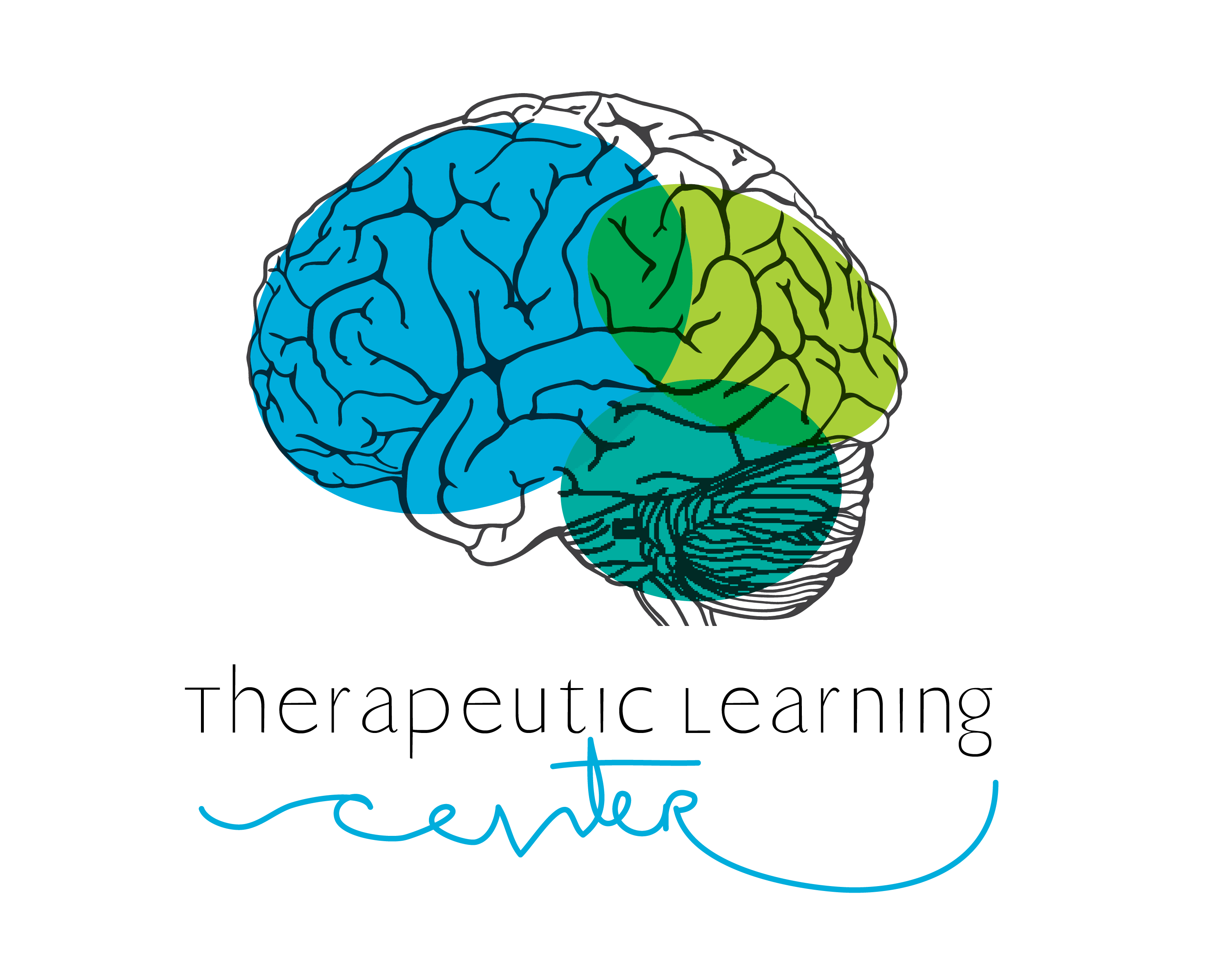Smart but Struggling: It Just Doesn’t Make Sense!
Recently, we have had parent after parent calling and saying virtually the same thing:
“My child is bright. He’s a good kid and wants to do well, but he’s struggling in school. He doesn’t qualify for help but he tests below state standards. How can this be?”
What most people don’t know is that about 30% of the children in school today have some degree of difficulty with reading or learning. In spite of caring teachers, supportive parents, good intelligence, and motivation, many students experience academic frustrations as a result of weak or inefficient underlying reading and/or learning skills.
If a child doesn’t qualify for special help at school, does it mean there’s not a problem? Only about 5-9% of children are formally diagnosed with learning disabilities, so that leaves roughly 7 million students who struggle but don’t qualify for help.

What does it look like for these kids?
Aaron was a very bright high school senior who wanted to go into pre-med in college. He was at the top of his class in physics and chemistry, but close to failing English and History. He had such weak auditory processing skills that listening in class was exhausting. His teachers reported that he often fell asleep during lectures. Aaron’s poor auditory processing also affected a key skill for sounding out unfamiliar words when reading. He could read, but not well, so he often failed to complete reading-related homework assignments. Because he could do well in some areas, people often misunderstood and thought that he was not trying hard or not motivated.
Mark, at 12 years old, was outgoing, friendly, and confident—that is until it came to school. Mark was a terrific athlete and built fantastic Lego structures. He got As in math except for word problems but was beginning to fall behind in his other classes. Mark was a very poor reader. He’d been able to compensate pretty well up until 7th grade, but the reading and writing demands in junior high were becoming too much to keep up with or talk his way out of.
Kelsey could read well but struggled to completely comprehend what she read so her test scores were inconsistent, making it look like she wasn’t studying. Her biggest challenge was with math, which made very little sense to her and caused her a great deal of anxiety.
How can my bright child have so much trouble in some areas?
When smart children and teens struggle in school it is perplexing and frustrating to all involved. They often excel in some areas, but do very poorly in others.
- Sam knows all the baseball stats but can’t memorize his math facts.
- Keely is a smart and savvy soccer player but gets poor grades on tests.
- Casey is witty and clever, but can’t follow 3 directions.
- Michael excels in math but reads slowly and laboriously.
- Justin can focus on video games for hours, but gets distracted immediately when reading or writing.
Comfortable, easy learning requires strong underlying learning skills. These include such things as:
- Body and attention awareness and control
- Memory
- Auditory and visual processing (how the brain perceives and thinks about things we see and hear)
- Phonemic awareness (the ability to think about the sounds in words and critical to success reading)
- Language comprehension
- Processing speed
- Logic and reasoning, strategizing, and mental organization and flexibility.
Children who struggle in school typically have real strengths and weaknesses within their underlying learning skills. Since different types of tasks or activities are supported by different sets of learning skills, these students can easily show perplexing inconsistencies in their performance.
Our child is getting tutoring. Why aren’t things changing?
Using the analogy of a tree to represent learning, you can think of academic skills as the top of the tree and underlying learning skills as the roots and trunk. If the root system, or the underlying learning skills are weak the top of the tree, or the academics will be affected.
Traditional tutoring works at the top of the tree with the weak academic skills. This may be helpful to students at the moment but is a bit of a “band aide” approach as it is not addressing the real cause, or root, of the problem and will not provide a permanent solution.
So Does My Smart Child Just Have to Live With this?
The Good News is that the brain can change. While weak or inefficient underlying learning skills are not likely to self-correct with time, discipline, or even tutoring, the brain can be retrained to process information more effectively. Underlying learning skills can be developed through specific and intensive training so that underachieving and struggling learners can gain the success and independence they are capable of and deserve.
Students Who Used To Struggle
- Aaron went through an intensive summer program to increase his auditory processing and reading skills. His energy, stamina, and confidence for listening, reading, and writing improved greatly. He is now in college with a pre-med major.
- Mark went through a program to develop his phonemic awareness so that he could learn and use phonics for reading and spelling. His visual skills for reading were also developed so that he didn’t have to feel disoriented and overwhelmed when he looked at a page of text. Mark is now functioning well in a private high school and playing quarterback on the school football team.
- Developing underlying processing and language comprehension skills has helped Kelsey to become much more consistent in her test scores and much less afraid of math. She can now understand and follow directions in class and do her math homework independently.
Many children cope with their underachievement by putting on an attitude of not caring and resisting help from parents, teachers, and clinicians at a learning or tutoring center. Success can change bad attitudes, though, and gradually, as the foundation of underlying processing/learning skills got stronger, students become more confident and engaged. Here’s one child’s thoughts:
“This has also made me a better person. I am now a more thoughtful person. Before I came I got bad grades. Now I have improved in all subjects. My grades before were Ds. Now they raised to As and Bs. It makes me feel special to be known as a smart kid to other people.” Brett…5th Grade



